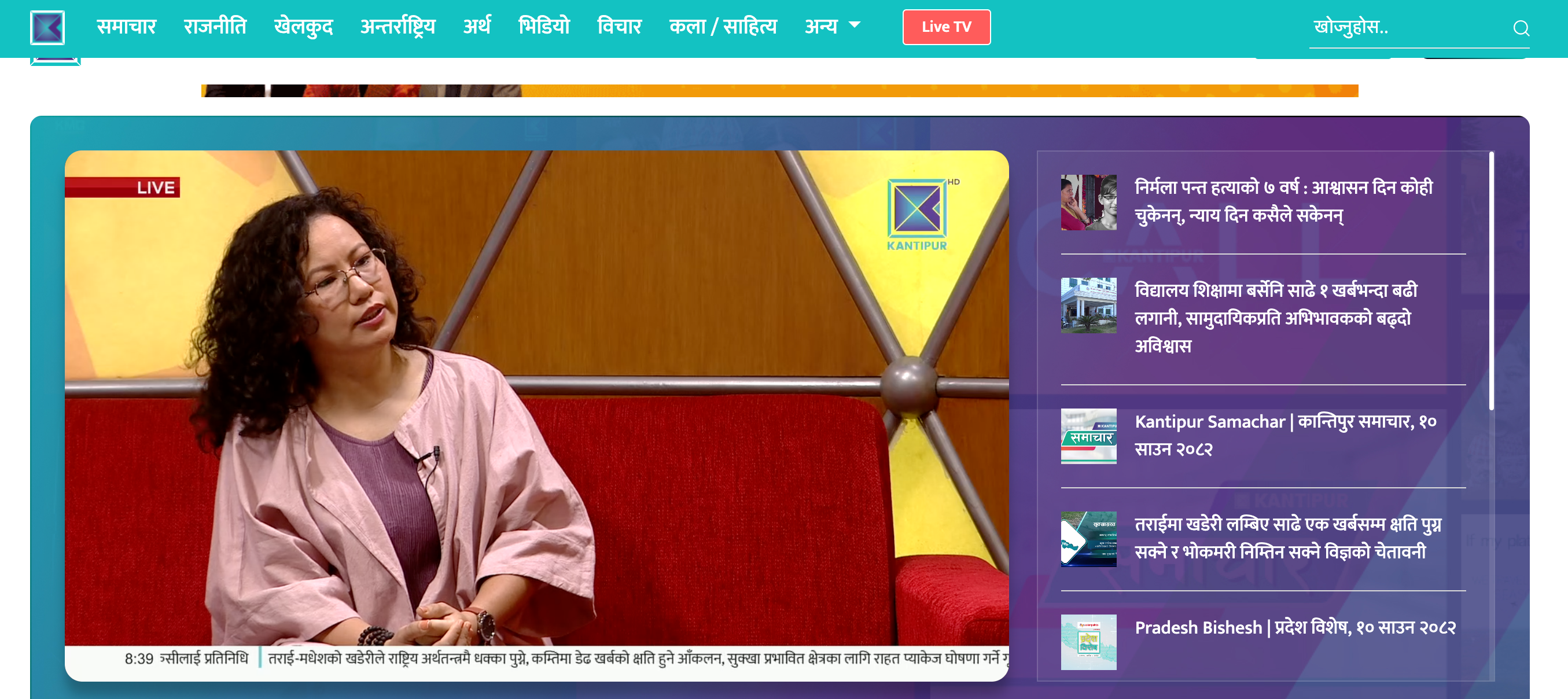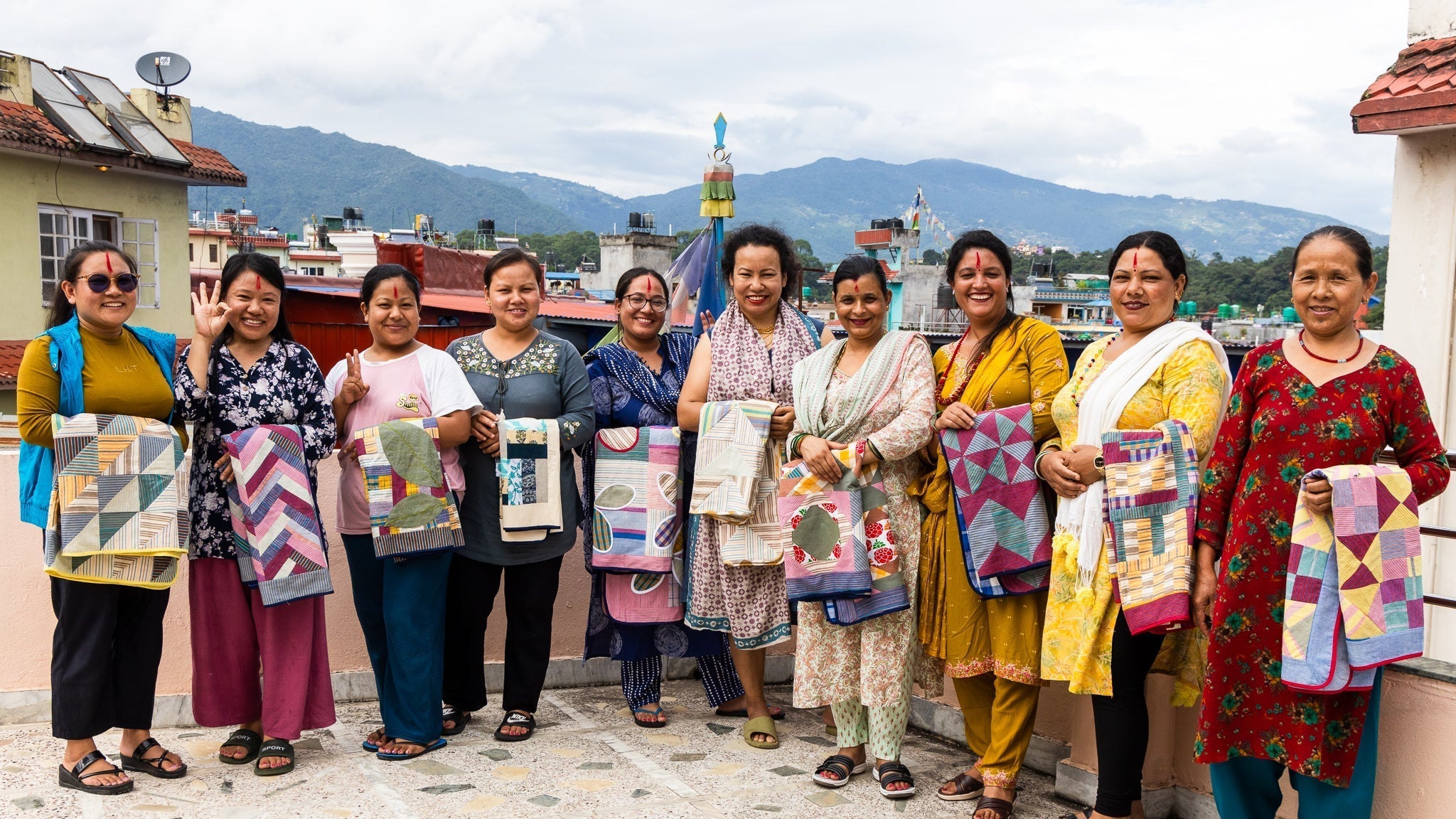
The Cost of Fast Fashion - And An Alternative Route for Nepal
An article published September 5, 2025 looks at the real cost of Fast Fashion and invites Rewati Gurung - Founder and CEO of Kokroma to express her thoughts on the dangers and consequences of Nepal becoming a dumping ground for the fast fashion industry.
Fast fashion has become a global phenomenon, with consumers constantly seeking the latest trends at affordable prices. However, the true cost of fast fashion goes beyond the price tag. Rewati Gurung, Founder of Kokroma, has strong views on the dangers of Nepal becoming the dumping ground for fast fashion.
Environmental Impact
Fast fashion contributes to environmental degradation through high water usage, chemical pollution, and textile waste. According to the World Bank, the fashion industry is responsible for 20% of global wastewater and 10% of global carbon emissions.
Economic Consequences
While fast fashion may offer low prices to consumers, it has negative economic consequences for garment-producing countries. Local industries are often unable to compete with the low prices of fast fashion brands, leading to job losses and economic instability.
Social Impacts
Fast fashion promotes a culture of disposable clothing, where garments are worn a few times before being discarded. This mindset contributes to a cycle of overconsumption and waste, impacting both society and the environment.
Sustainable Alternatives
As consumers become more aware of the hidden costs of fast fashion, there is a growing demand for sustainable and ethical clothing options. Brands like Kokroma are leading the way in promoting slow fashion, which focuses on quality, durability, and ethical production practices.
In conclusion, the cost of fast fashion extends far beyond the price tag, encompassing environmental, social, and economic impacts. By supporting sustainable and ethical fashion brands, consumers can help mitigate the negative effects of fast fashion on both people and the planet.
Rewati's comments in the article:
“People don’t realise that Nepal could soon become a dumping site of garment waste,” says Rewati Gurung, founder of Kokroma, a social enterprise that produces cotton children’s clothing. Gurung’s work is rooted in reviving traditional practices of making clothes that were once crafted with care and natural materials. For her, sustainable fashion means much more than eco-friendly fabric; it is about community, circularity, and responsibility.
Kokroma’s garments are produced entirely within the Kathmandu Valley, from weaving and dyeing to finishing, keeping the carbon footprint low. Fabric scraps are upcycled into quilts and mattresses, ensuring a zero-waste process. But while Gurung believes that sustainable businesses can thrive, she worries about greenwashing by fast fashion companies pretending to be ethical. “That harms us more than competition itself,” she says.


